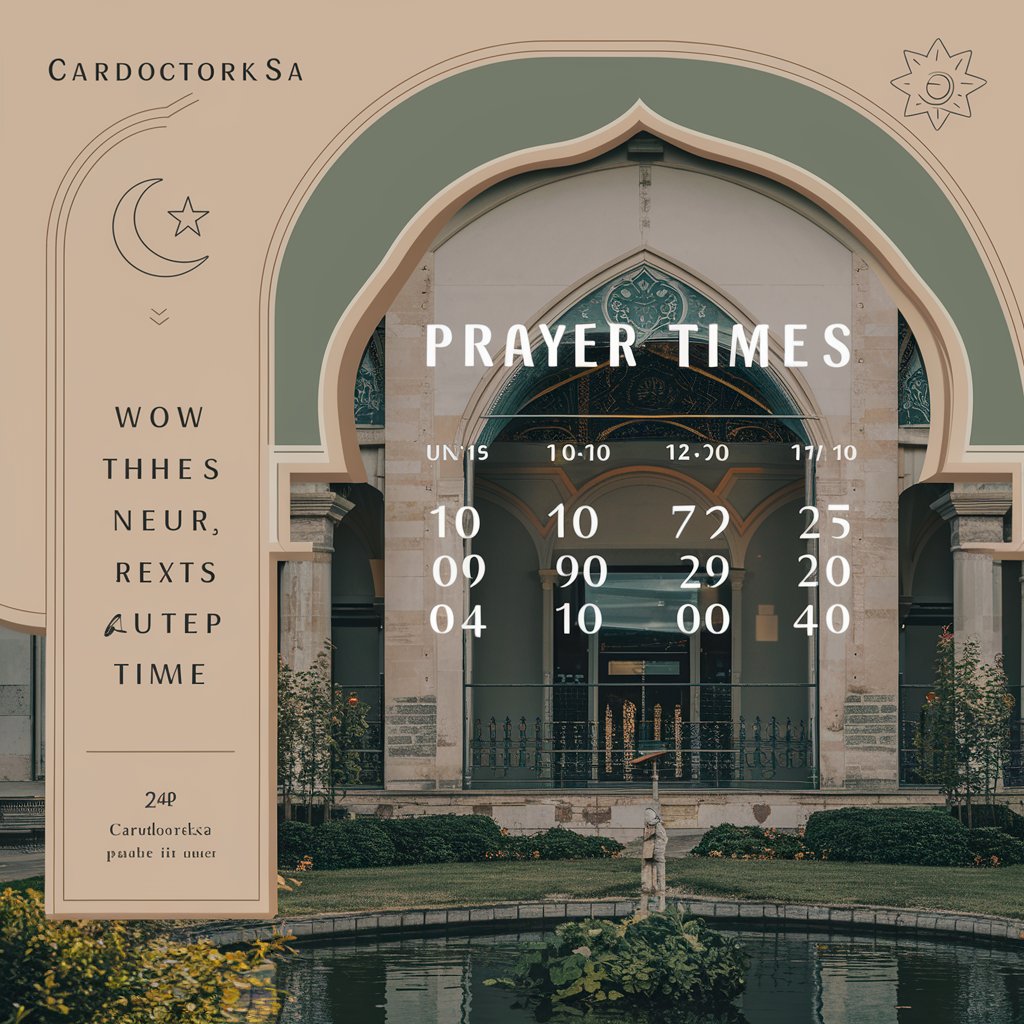

In the hustle and bustle of modern life, maintaining a spiritual connection can be challenging. For Muslims around the world, one of the key components of this connection is the observance of the five daily prayers, or Salat. Accurate prayer times are essential to fulfilling this religious duty, as each prayer must be performed within specific time frames throughout the day. This blog will explore the significance of precise prayer times and how they can enhance spiritual practice.
The five daily prayers, also known as the Five Pillars of Islam, are Fajr, Dhuhr, Asr, Maghrib, and Isha. Each prayer is linked to specific times of the day:
Fajr - Performed before dawn.
Dhuhr - Noon, once the sun has crossed its highest point.
Asr - The afternoon.
Maghrib - Just after sunset.
Isha - Night, after twilight has disappeared.
Each of these prayers must be performed within its designated time window, underscoring the need for accurate prayer time calculations.
Islamic scholars and astronomers have worked together for centuries to determine the most accurate methods for calculating prayer times. The position of the sun plays a crucial role, with specific angles of elevation marking the start of each prayer period. For example, Fajr begins when the sky starts to lighten before sunrise, while Maghrib starts immediately after the sun has set.
In the past, determining accurate prayer times required significant astronomical knowledge and manual calculations. Today, technology has simplified this process. There are numerous apps and websites dedicated to providing precise prayer times based on a user’s geographic location. These tools use algorithms that factor in the date, time zone, and coordinates to deliver accurate timings.
Observing prayer at the correct times goes beyond mere ritual; it is a means of maintaining a rhythm that aligns with the natural world. This practice fosters discipline, mindfulness, and a deeper connection to the divine. Praying at the designated times also ensures that Muslims around the world are united in their worship, creating a sense of global unity and community.
Use Reliable Sources: Ensure that you use reputable apps or websites for accurate prayer times.
Set Alarms: Utilize alarms to remind you of upcoming prayer times.
Stay Informed: Be aware of changes in prayer times due to geographical location and seasonal shifts.
Community Resources: Many mosques and Islamic centers provide prayer timetables that can be very useful.
Accurate prayer times are fundamental to Islamic practice, ensuring that prayers are performed correctly and at the right moments. By leveraging modern technology and tools, Muslims can maintain their spiritual duties with precision and devotion. This adherence not only strengthens personal faith but also fosters a sense of unity and discipline within the global Muslim community. Whether you are in the heart of a bustling city or the tranquility of a remote village, accurate prayer times serve as a beacon guiding your spiritual journey.